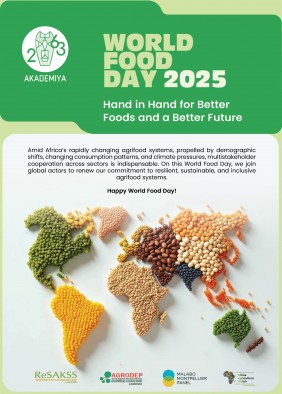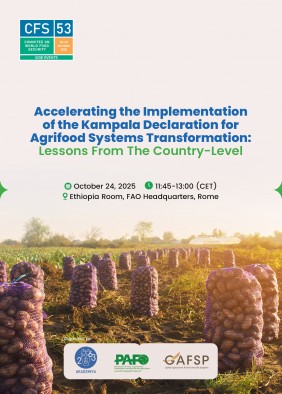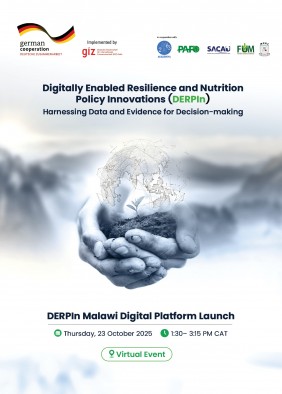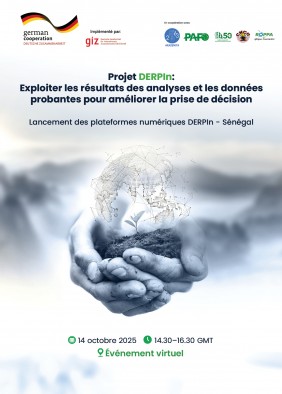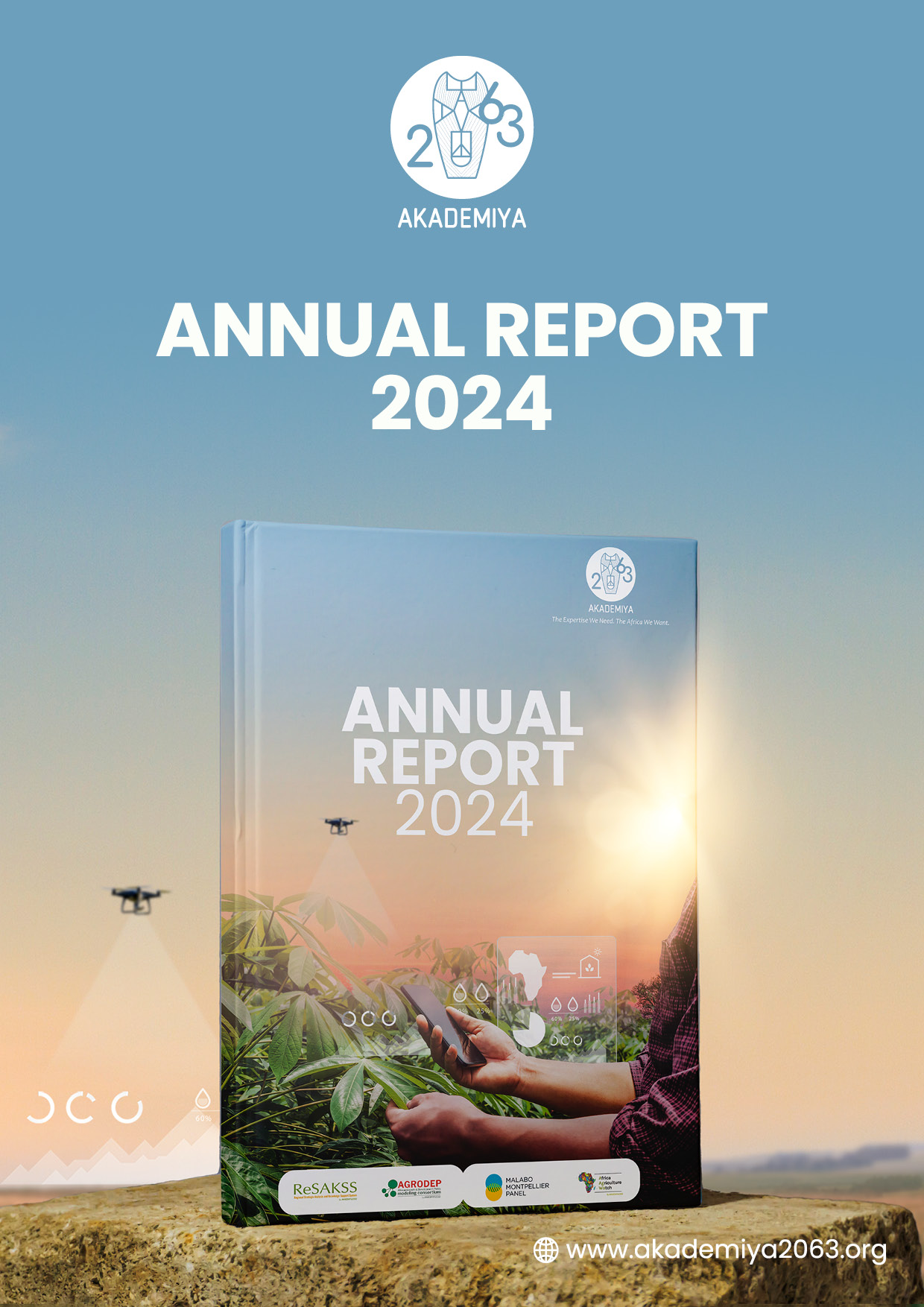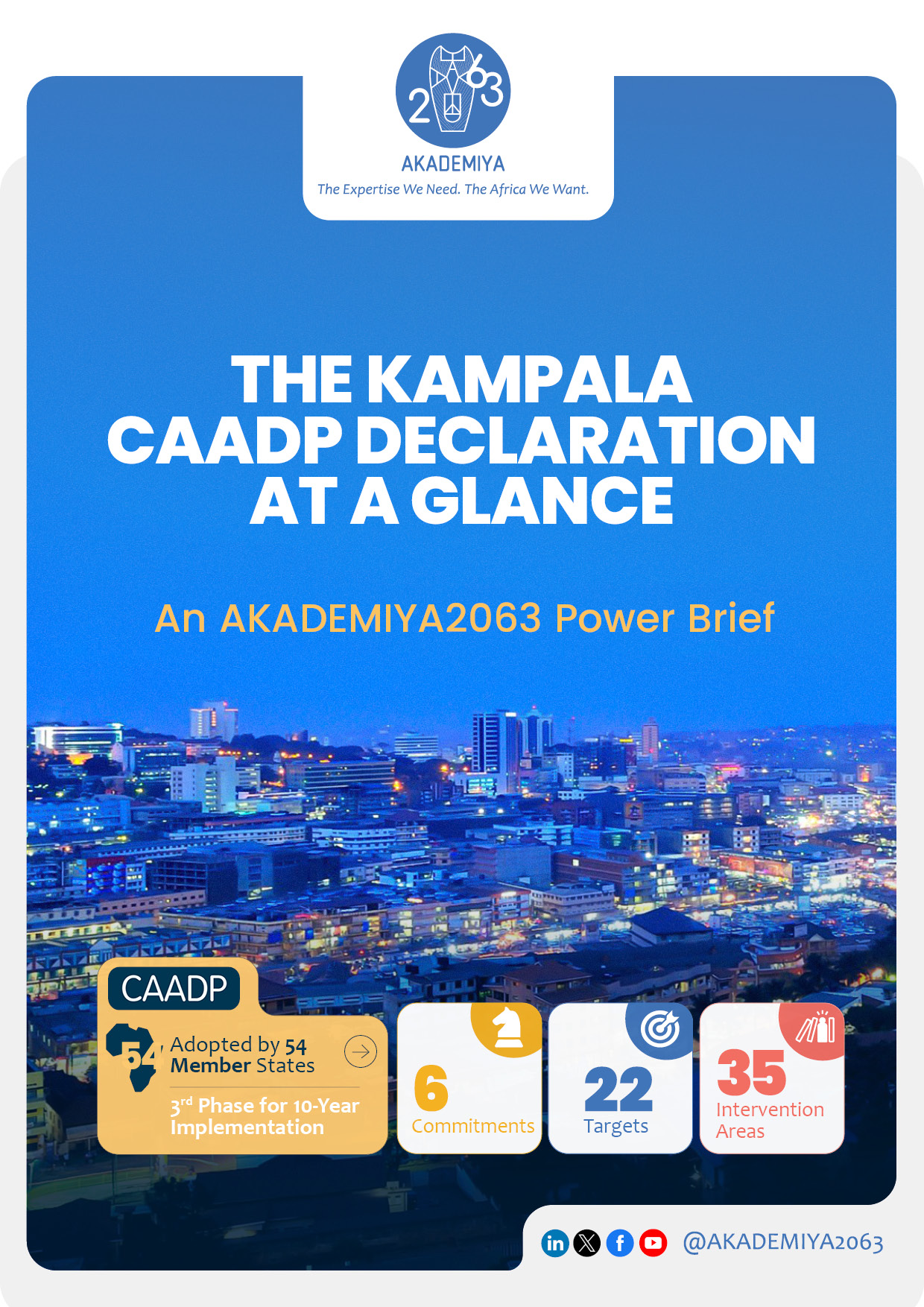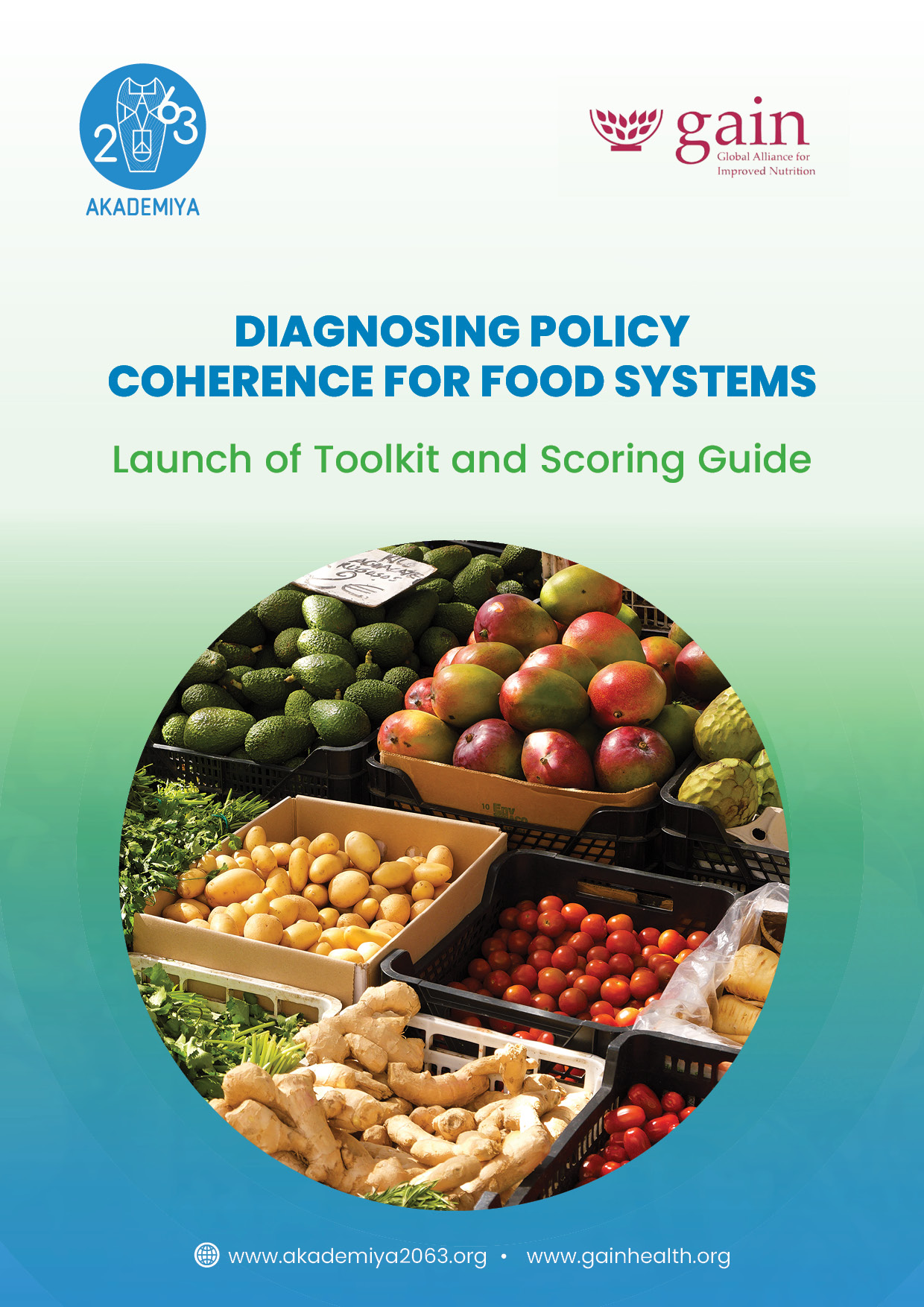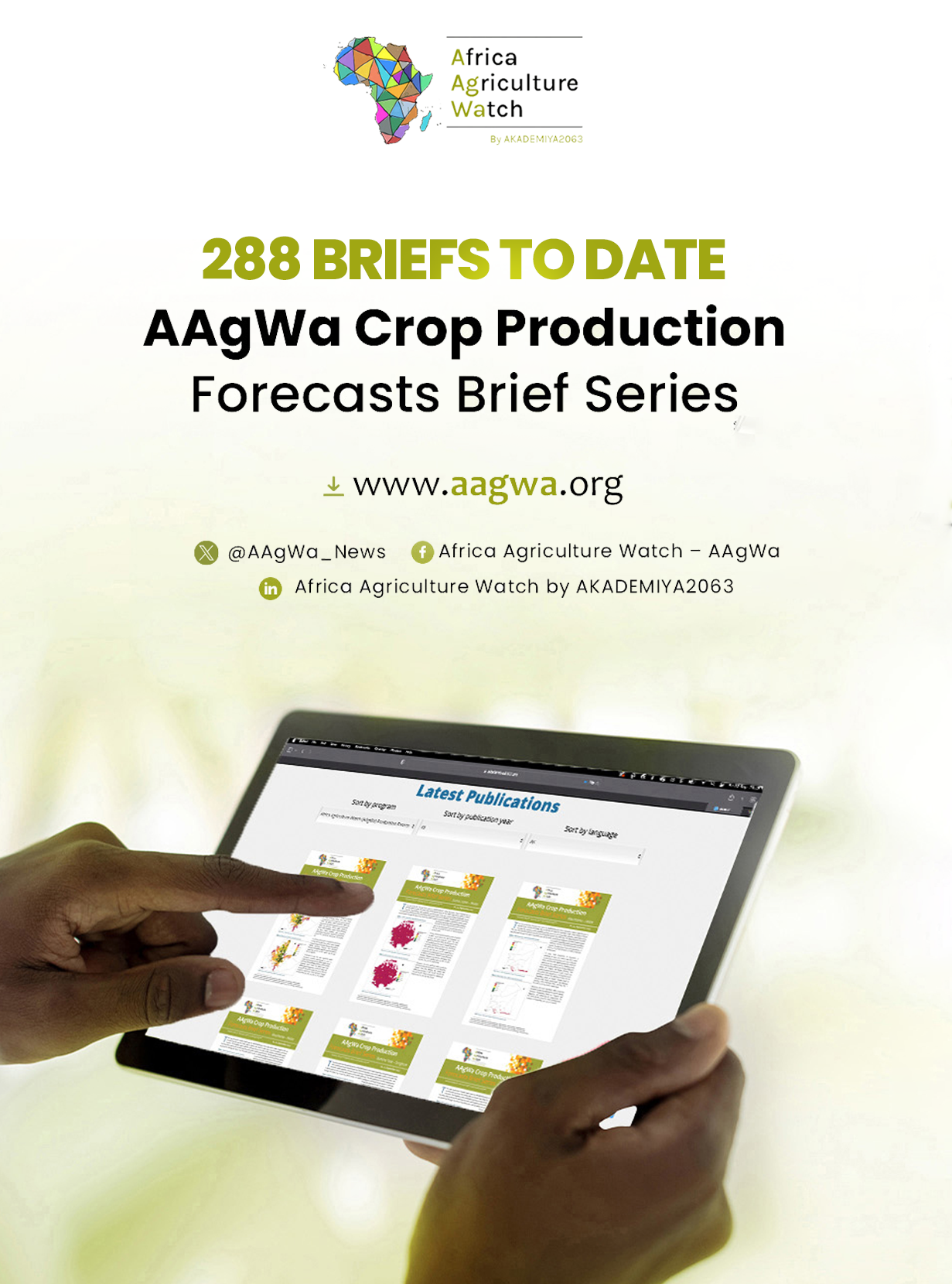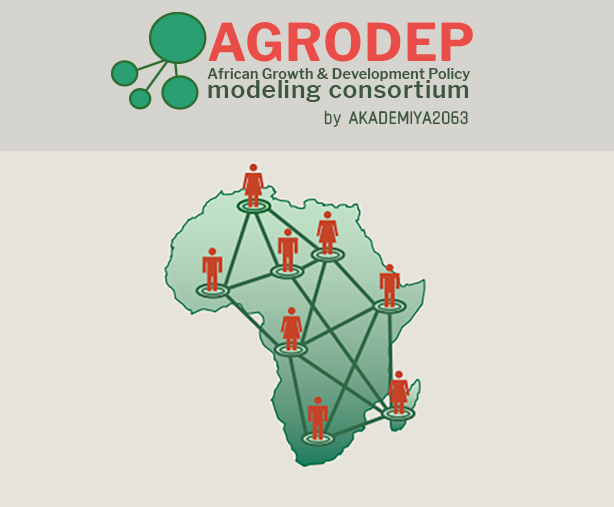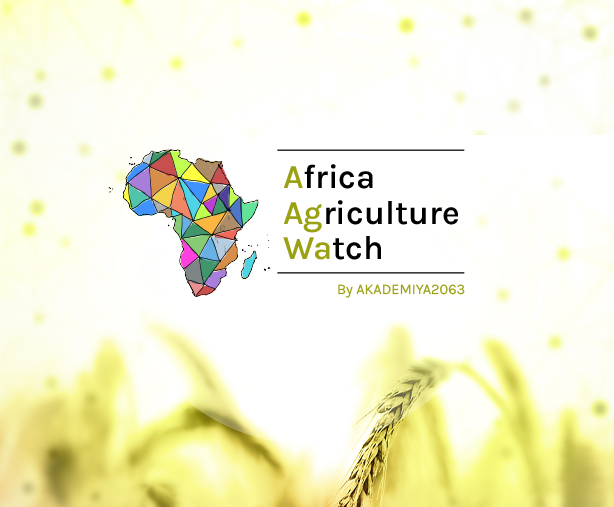AKADEMIYA2063 Knowledge Products
AKADEMIYA2063 is a pan-African non-profit research organization with headquarters in Kigali, Rwanda and a regional office in Dakar, Senegal. Its mission is to provide data, policy analysis, and capacity-strengthening support to enable African countries to achieve the African Union’s Agenda 2063 goals of inclusive and sustainable development and economic prosperity. AKADEMIYA2063 conducts strategic analysis to address emerging and time-sensitive topics and to fill knowledge gaps on priority issues faced by Africa. Our research findings, AKADEMIYA2063 Knowledge Products, are published in flagship reports and other research publications to support evidence-based decision-making toward accelerating Africa’s broader development goals.
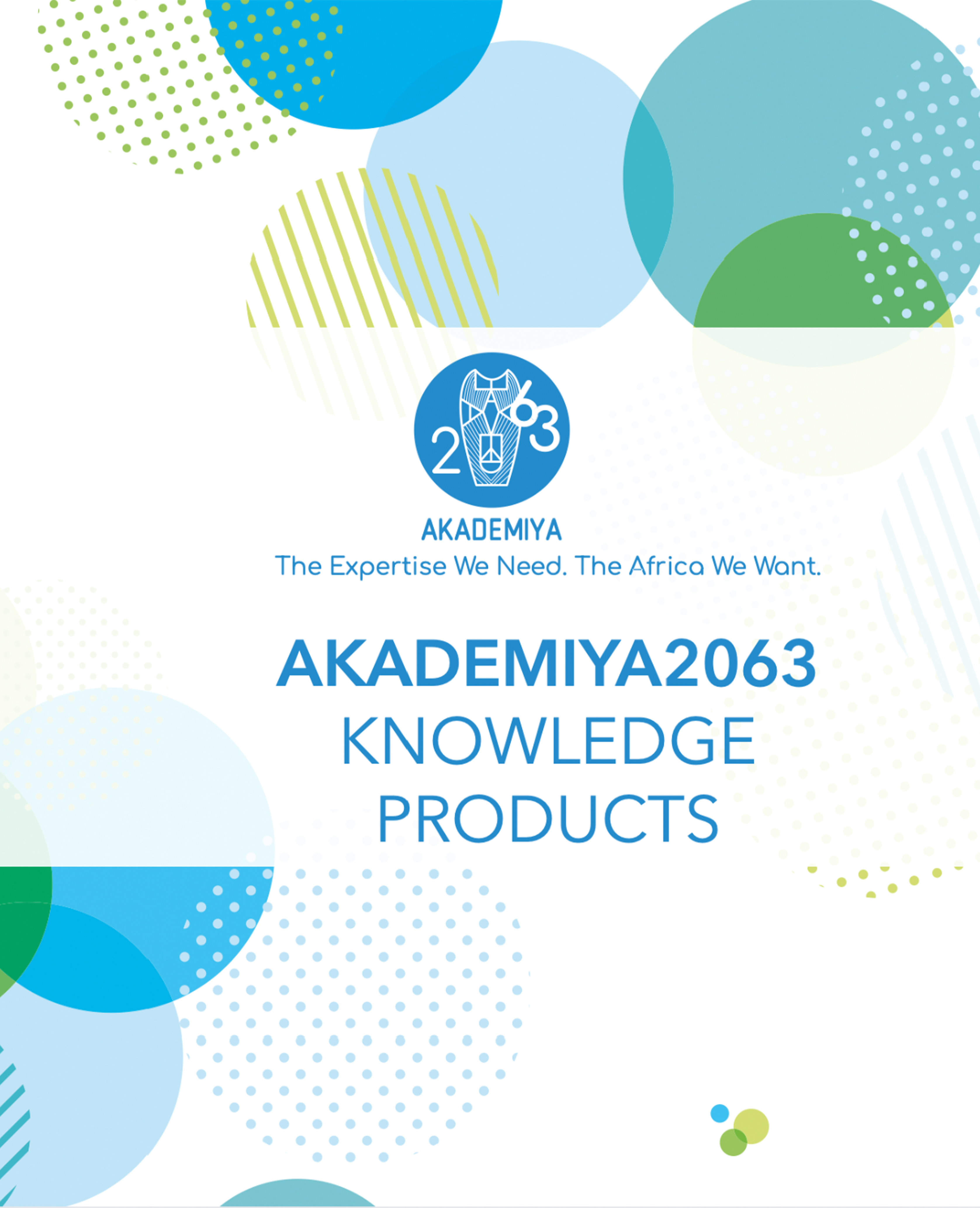
LATEST FLAGSHIP REPORTS
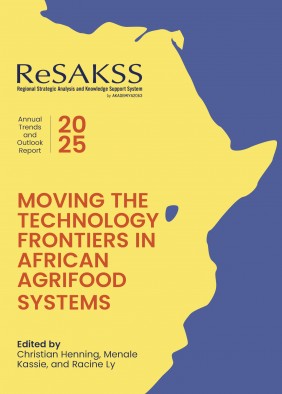
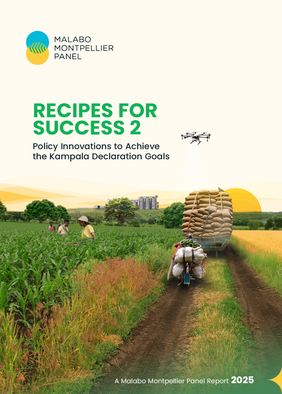
Policy Innovations to Achieve the Kampala Declaration Goals
RECIPES FOR SUCCESS 2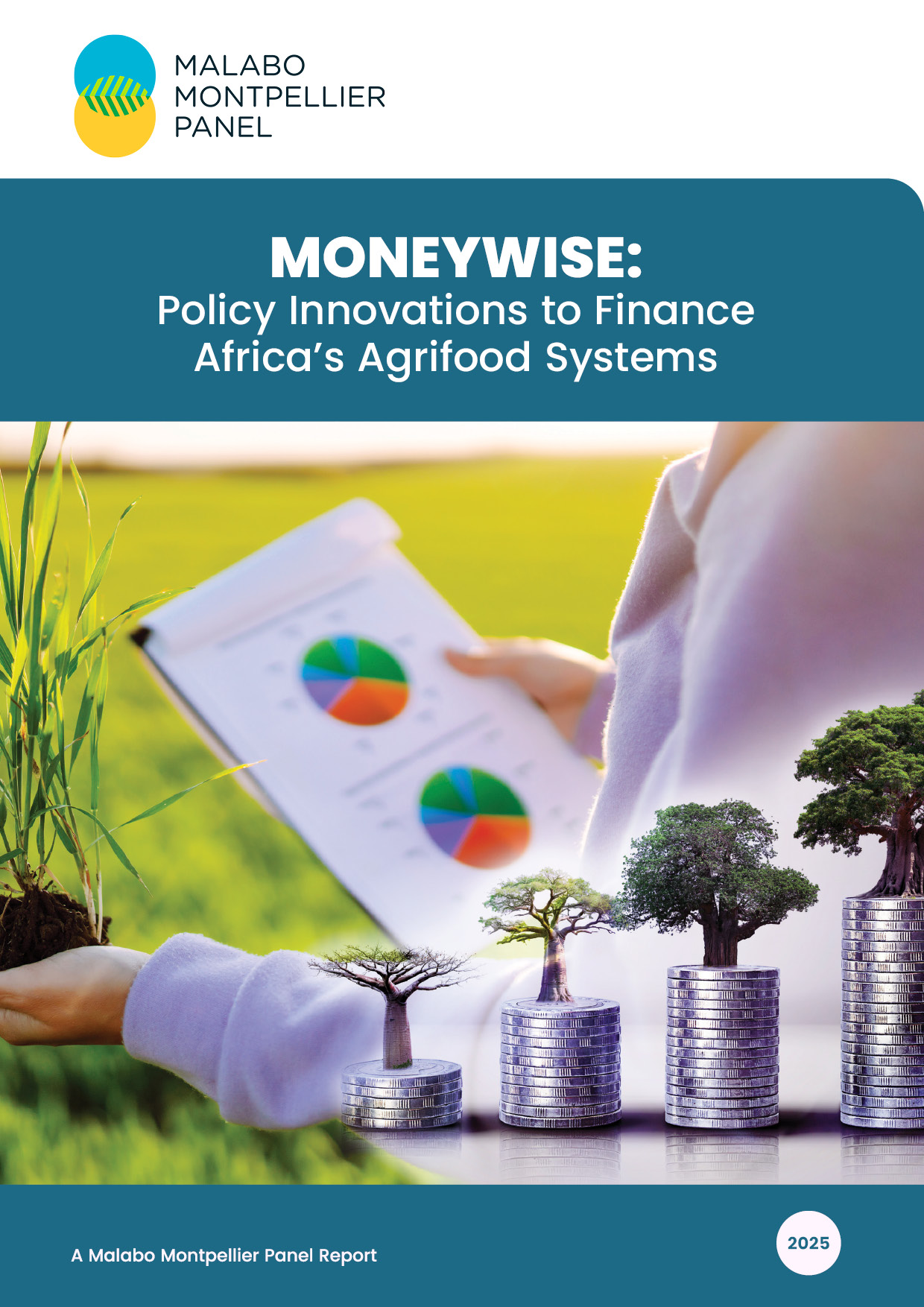
Financing Agrifood Systems
MONEYWISE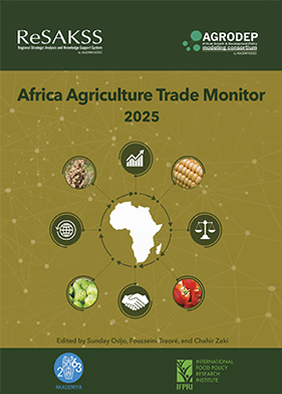
Africa Agriculture Trade Monitor
AATM 2025Mission and Vision
AKADEMIYA2063’s overall mission is to create, across Africa and led from Rwanda, state-of-the art technical capacities to support the efforts by the Member States of the African Union to achieve the key goals of the agenda 2063 of transforming national economies to boost growth and prosperity.
Our History
AKADEMIYA2063 was established to continue and expand the portfolio of policy research and capacity-strengthening support for the implementation of the Comprehensive Africa Agriculture Development Programme (CAADP), which was initiated and previously incubated by the International Food Policy Research Institute (IFPRI). This portfolio has included three main programs: the Regional Strategic Analysis and Knowledge Support System (ReSAKSS), the African Growth and Development Policy (AGRODEP) Modeling Consortium, and the Malabo Montpellier Panel (MaMo Panel).
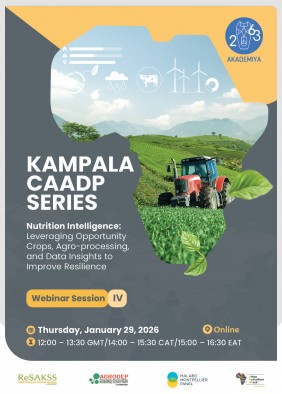
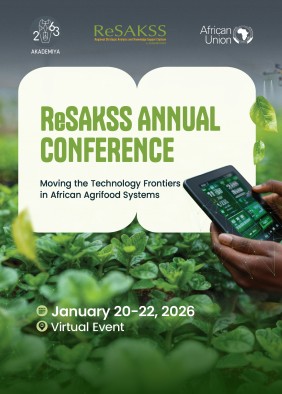
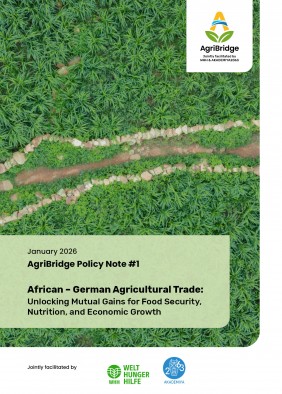
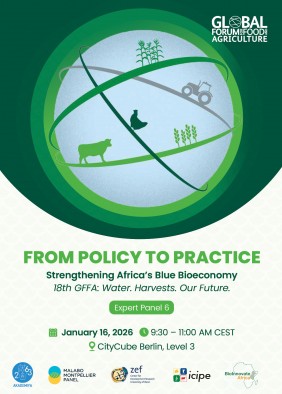
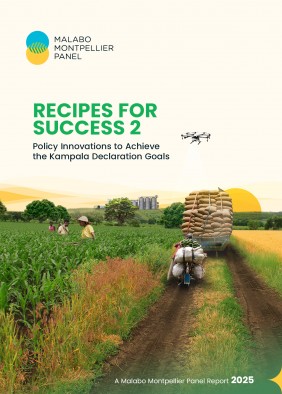
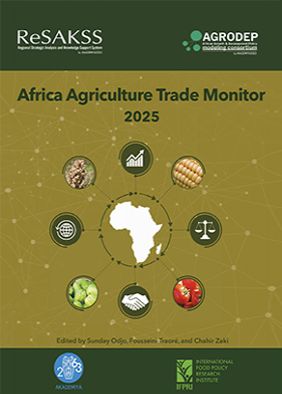
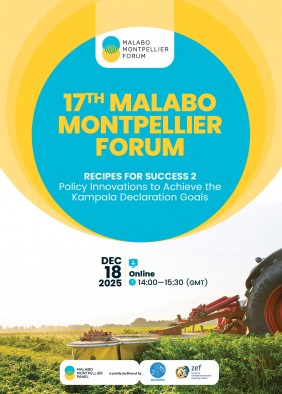
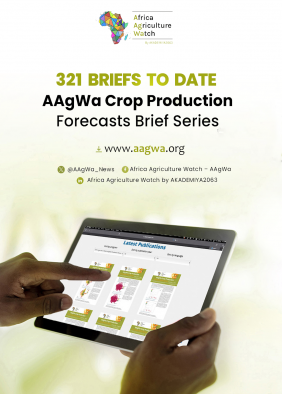
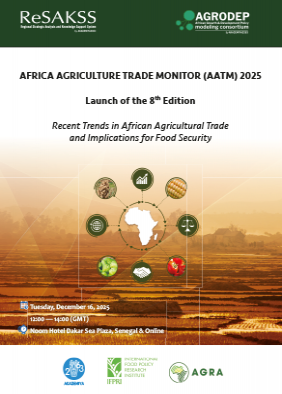
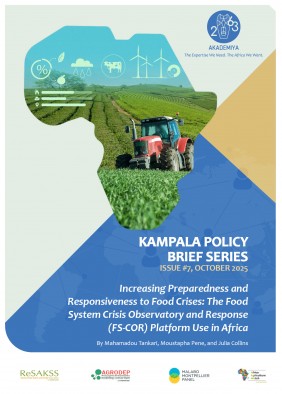
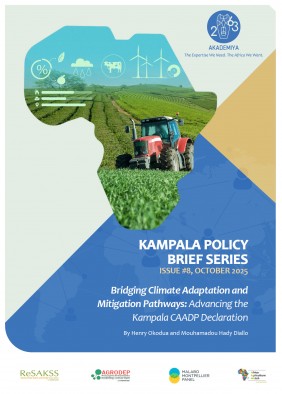
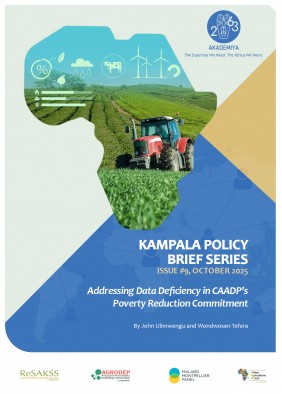
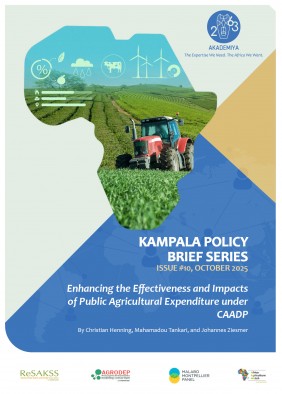
.png)
